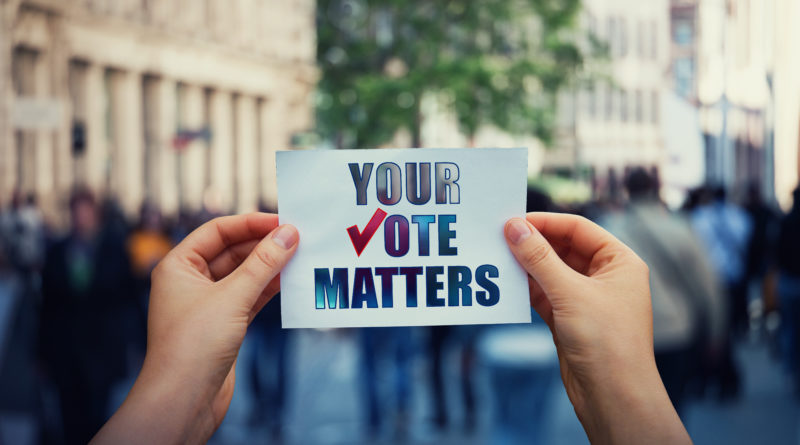Three Key Takeaways from the Democratic Debate
11,866 total views, 1 views today
On January 14, six candidates for the 2020 Democratic presidential nomination took the stage in Des Moines, Iowa for one final debate before the crucial Iowa primary. Former Vice President Joe Biden, Senator Bernie Sanders (I-VT), Senator Elizabeth Warren (D-MA), and former South Bend, Indiana mayor Pete Buttigieg faced off against two lower-polling Democratic candidates, Senator Amy Klobuchar (D-MN) and billionaire Tom Steyer. An additional six candidates, including billionaire and former New York City mayor Michael Bloomberg and entrepreneur Andrew Yang, did not partake in the debate. In case you missed it, here are three key takeaways from the debate.
1. Warren and Sanders spar
Last summer, commentators wondered whether Bernie Sanders and Elizabeth Warren might be dividing progressive voters. The candidates have frequently espoused similar ideas that lie far left of what the other candidates have suggested, but neither had polled as well as Joe Biden until recently, so commentators wondered if giving all of one’s votes to the other would provide the final boost needed for a thoroughly progressive Democratic presidential candidate.
Recently, this perceived division has become literal, with Warren claiming that Sanders once made a sexist remark in her presence – namely, that a woman could never win a presidential race (many American voters worry that the general public would choose President Trump over any woman candidate). Sanders has vehemently denied this claim, which came up again during the debate.
Warren, when asked about Sanders’ alleged remarks and the electability of a female presidential candidate, said that both she and Amy Klobuchar have a better history of winning elections than any of the men on stage. She then called Sanders her friend, and Sanders encouraged viewers to search for videos of him stating that women could be presidential candidates as early as the 1980s. However, after the debate, the two were observed sharing a tense moment, including a rejected handshake. Nobody knows what the two said in this moment.
2. Biden, Buttigieg, and black voters
Pete Buttigieg has consistently struggled to draw support from black voters, with some reports previously placing his black support at literally zero percent. Joe Biden, on the other hand, continues to lead among black voters, a demographic with immense power in South Carolina, another crucial primary state. The contrast between each candidate’s black support became apparent during the debate.
When asked about his lack of black support, Buttigieg promised that he would tend to the needs of voters of color without saying how he would do so. Biden, on the other hand, never faced any questions about his relationship with voters of color, though this gap may primarily be due to black senators Kamala Harris (D-CA) and Cory Booker (D-NJ) dropping out of the race and therefore not challenging Biden on this front as in past debates.
3. Klobuchar talked a surprising amount
It might stand to reason that the four leading candidates would speak the most at last night’s debate. Klobuchar, however, spoke more than Buttigieg and Biden did. Much of her commentary positioned her as a moderate candidate compared to Sanders and Warren, the progressive, leftist candidates who spoke more than anyone else during the debate. All candidates other than Tom Steyer, who spoke for merely 12 minutes and 24 seconds, hovered in the 16-to-19-minute range.
What stood out to you during last night’s Democratic debate? Sound off in the comments!

